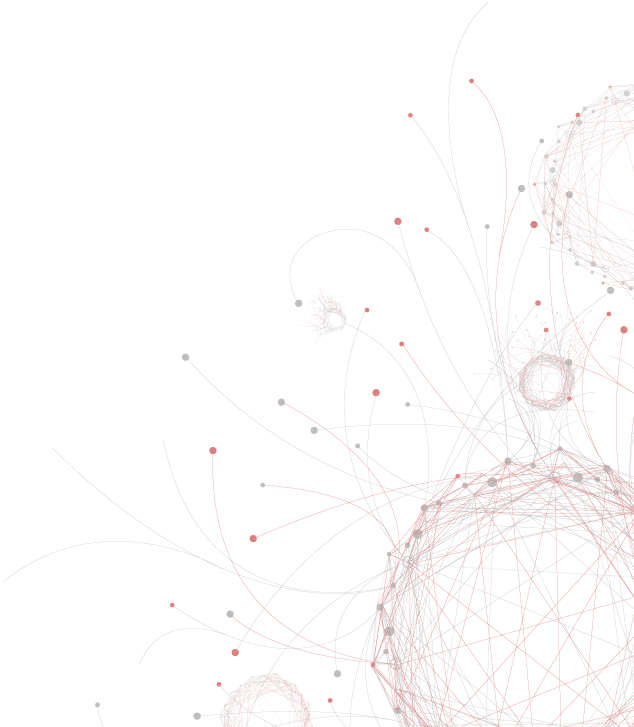This website is no longer updated and has been replaced with a static copy. The Spatial History Project was active at Stanford University from 2007-2022, engaging in dozens of collaborative projects led by faculty, staff, graduate students, post-docs, visiting scholars and others at Stanford and beyond. More than 150 undergraduate students from more than a dozen disciplines contributed to these projects. In addition to a robust intellectual exchange built through these partnerships, research outputs included major monographs, edited volumes, journal articles, museum exhibitions, digital articles, robust websites, and dozens of lightweight interactive visualizations, mostly developed with Adobe Flash (now defunct). While most of those publications live on in other forms, the content exclusive to this website is preserved in good faith through this static version of the site. Flash-based content is partially available in emulated form using the Ruffle emulator.
The Artisan Heartland and Tinker
Author: Zephyr Frank
Source: Almanak Laemmert, 1849 and 1870. Networks drawn with ArcGIS network analyst, measuring by Manhattan (street) distance.Published in: Frank, Zephyr. "Layers, Flows and Intersections: Jeronymo José de Mello and Artisan Life in Rio de Janeiro, 1840s-1880s." Journal of Social History (winter 2007): 313.
RELATED VISUALIZATIONS:

The Slave Market in Rio de Janeiro: Movement, Context, and Social Experience

Yellow Fever Epidemic of 1850: Scale, Time, and Space

Distributions of Occupations, 1870

Rio de Janeiro Historical Address Locator

Lawyers in Rio de Janeiro: Movement in the City Center, 1860-1889

Tenement Housing in Rio de Janeiro, 1870s-1880s
RELATED PUBLICATIONS:





